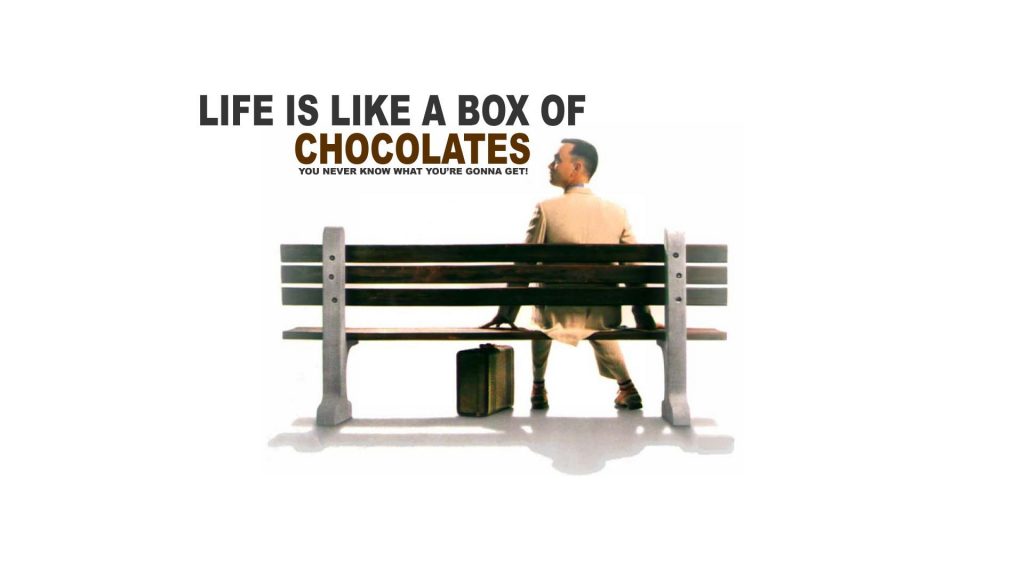5 Ways to handle life’s disappointments
QUICK & DIRTY TRICKSBy Psychologist Dr.Ellen Hendriksen, a clinical psychologist who helps millions be their authentic selves in her clinic at Boston University’s Center.
Estimated reading time: 5 minutes, 11 seconds.
 By Psychologist Dr.Ellen Hendriksen, PhD
By Psychologist Dr.Ellen Hendriksen, PhDELLEN HENDRIKSEN is a clinical psychologist who helps millions be their authentic selves through her award-winning podcast, which has been downloaded over 5 million times, and in her clinic at Boston University’s Center. Her scientifically-based, zero-judgment approach is regularly featured in Psychology Today, Scientific American, Huffington Post, Business Insider, Quiet Revolution, and many other media outlets. The Savvy Psychologist was picked as a Best New Podcast of 2014 on iTunes and was Otto Radio’s Best Healthcare Podcast of 2016. Dr. Hendriksen earned her Ph.D. at UCLA and completed her training at Harvard Medical School. She lives in the Boston area with her family.
BE COMFORTABLE, BE CONFIDENT, BE YOU.
(No time to read it? Set your headphones and listen to Dr.Hendriksen podcast?)
We all find our soulmate, are successful in our chosen field, fulfill our dreams, and live happily ever after, right? No so much. Occasionally life is a bed of roses, but often it’s a briar patch. What to do when life inevitably lets you down? Savvy Psychologist Dr. Ellen Hendriksen offers 5 ways to deal with life’s disappointments.

Sometimes you look up and wonder what happened. This isn’t how life was supposed to turn out, was it? We weren’t supposed to have a chronic health condition, a job we hate but can’t leave, a messy divorce, or a complacent adult child living in the basement.
Sometimes we’re disappointed in ourselves: why did we let opportunity slip through our fingers? Why didn’t we follow through when it counted? Why didn’t we try harder? Or, we simply look up and wonder, “Is this all there is?”
Disappointment is a mix of sadness, regret, and anger. It surfaces whenever life doesn’t meet our expectations.
So what to do? Well, in dealing with disappointment, you have two buckets of tools at your disposal: change and acceptance.
Change is self-explanatory: with change tools, you try to improve your situation. You switch tactics, file an appeal, turn over a new leaf, or otherwise keep trying.
Acceptance, however, requires some explanation. Acceptance is different than resignation. Resignation is giving up and passively resigning ourselves to our situation. Acceptance, on the other hand, is working with life as it is, not as we wish it to be, even if we don’t approve of life as it is right now.
With that, by request this week we’ll offer 5 tips on how both to change and accept life’s disappointments. Let’s explore each a little further.
 Tip #1: It’s cliche, but say “yes” more often.
Tip #1: It’s cliche, but say “yes” more often.
We’ll start with the change bucket. The things we regret in life morph and change as the years go by. In the moment, we regret our actions—the business we launched that failed, the summer fling that spiraled into a bad romance.
But a classic 1995 paper in the prestigious journal Psychological Review showed that, over the long run, we experience more disappointment in our inactions. When we look back, we regret the path not taken—the crush we never asked out, the dream job we passed up, never seeing the Eiffel Tower.
The moral? To lessen the chance of regret as years go by, do more. To quote innumerable bloggers, internet gurus, and romantic comedy plot resolutions, “Say yes to life” more often. It’s cliche, but it’s a cliche backed by science.
 Tip #2: Play the long game.
Tip #2: Play the long game.
Ask any boxer, soldier, or tennis player, and they’ll tell you what it means to lose the round, the battle, or the set. It’s not desirable, to be sure, but it’s not the end of the story.
Approach your setbacks with a similar mindset. Thinking about a disappointment as the end of the road makes it seem final and unchangeable, and therefore hopeless.
But reframing it as a temporary stopover holds room for hope, change, and moving on to crush it if not in the very next round in the one after.
 Tip #3: Get away with having a good time.
Tip #3: Get away with having a good time.
The last tip from the change bucket is to create and revel in found pockets of happiness despite being stuck in a situation you don’t like.
These can be small: licking quickly melting ice cream cones with your kids, breathing deep the smell of fresh-washed laundry, making yourself a really good sandwich, or lying on the couch with a purring cat on your chest.
But they can be as big as your budget and imagination can handle. The point is to interrupt whatever disappointment you’re experiencing with contentment, satisfaction, and peace. Once savored, those moments can never be taken away from you.
 Tip #4: Zoom in & out and pay attention to everything.
Tip #4: Zoom in & out and pay attention to everything.
Next up, the acceptance bucket. Mindfulness is a buzzword these days: paying attention, on purpose, in the present moment, without judgment. But mindfulness isn’t just about looking at the bad stuff and trying not to judge it.
Mindfulness is also about seeing the whole picture, including the good stuff that gets overlooked when we’re focused on the negative. Mindful moments, where we zoom out and see the full range of our experiences, help us see more than just the disappointments that hold our attention.
 Tip #5: Try mental contrasting.
Tip #5: Try mental contrasting.
Sometimes there is no second chance. Disappointment is what it is. We don’t qualify for a mortgage, we didn’t get into our first choice college, our daughter marries that guy who’s no good for her. But in the face of disappointment, sometimes we get stuck on the “if only.” “If only I didn’t have this credit card debt,” “If only I had gotten better SAT scores,” “If only I had convinced her three ex-wives aren’t a good sign.”
As you might have guessed, “If only” only gets us in trouble.
In one study of middle-aged women, “if only” thinking about the past went along with more emotional distress, depression, and anxiety. In another study of parents who lost a child to Sudden Infant Death Syndrome, those who asked “if only” more often— “If only I woke the baby up when I got up”—felt worse and ruminated more.
“If only” thinking is particularly poisonous if there’s no chance for a do-over. If what’s done is done—you had or didn’t have kids, worked too much and didn’t travel, were left by your partner, or never reconciled with your sister before she died, “if only” will only cause you pain.






